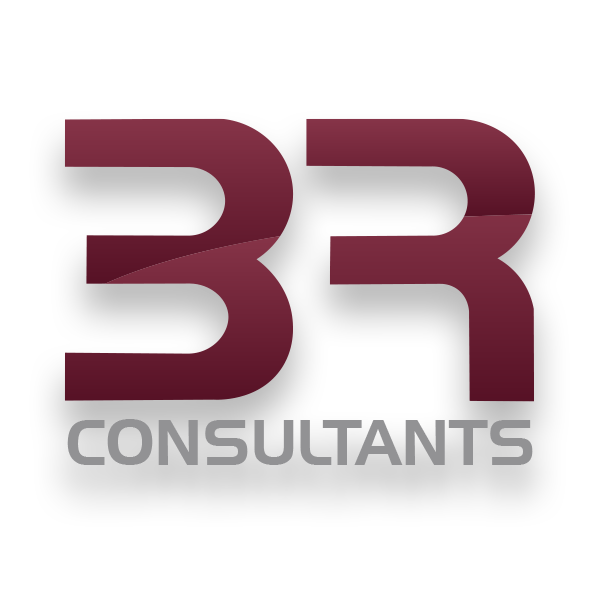The uniqueness of a training approach that combines IQ and EQ lies in the combination of “internal” and “external factors”. The “internal” factors refer to EQ (emotional intelligence quotient) and “external” refers to one’s IQ (intelligence quotient: knowledge, skills and competences).
The EQ is the ability to understand and evaluate knowledge from the outside world.
For example, “fear of failure” is part of the EQ, so while one may develop a huge amount of knowledge (IQ), this knowledge may never be fully used. If the experience is positive, based on trust and confidence, the impact will be sustainable.
Through this method of training and coaching, participants experience a transformation in the EQ and this change is combined with offering practical, directly applicable skills. The result is that the participants achieve their desired results easier and faster. At the same time, the risk of relapse (falling into old patterns and habits – unproductive behaviour) is minimised by the structural change in the EQ.
In the EQ we often find a form of fear (due to our self-confidence not being developed). For example: If someone is lacking self-confidence in a business situation, they will for example have difficulty negotiating and might give away too much.
Having said that, this might not be visible to that person and/or to the outside world. On the flip side, a person could express a learned self-confident attitude that does not reflect reality.
This can result in a form of compensatory behaviour like “a winner attitude” except when it comes the “moment supreme”.
You could work/train on specific skills, but the effect will not be what the person or the organisation wants.
Some other examples:
– “The person has good time management skills”, but does not dare say “No.” Hence the development EQ area would be: “getting to know their own limits, appreciating yourself, daring to express feelings, focusing on the positive and daring to set higher goals.
– “Your sales skills are overshadowed by feeling the pressure to get results/close the deal,” for example, not really listening to/ taking in the answers of the customer, or not asking the important questions. Possible development in the EQ might include: dealing with pressure, valuing one’s own abilities, ….
– “Wanting to convince without being sure of yourself.” Development in the EQ: Daring to state your opinion, dealing with rejection, developing the ability to make choices.
3R Consultants helps participants to find these root causes and work on these areas of improvement that are necessary to further develop their EQ, both for individuals and teams.
We make the translation/link to function in the workplace with the necessary skills IQ and EQ skills to get started.
Monique Mulder
Country Manager 3R Consultants Europe


